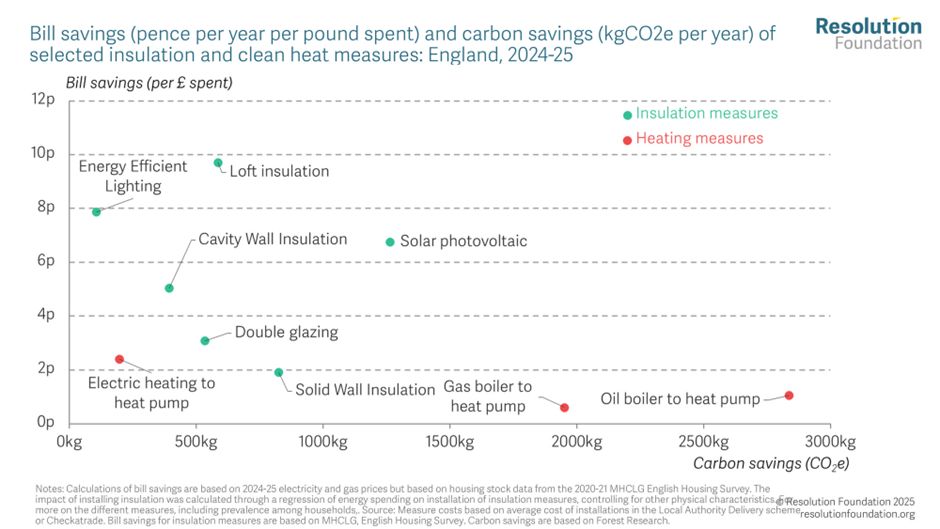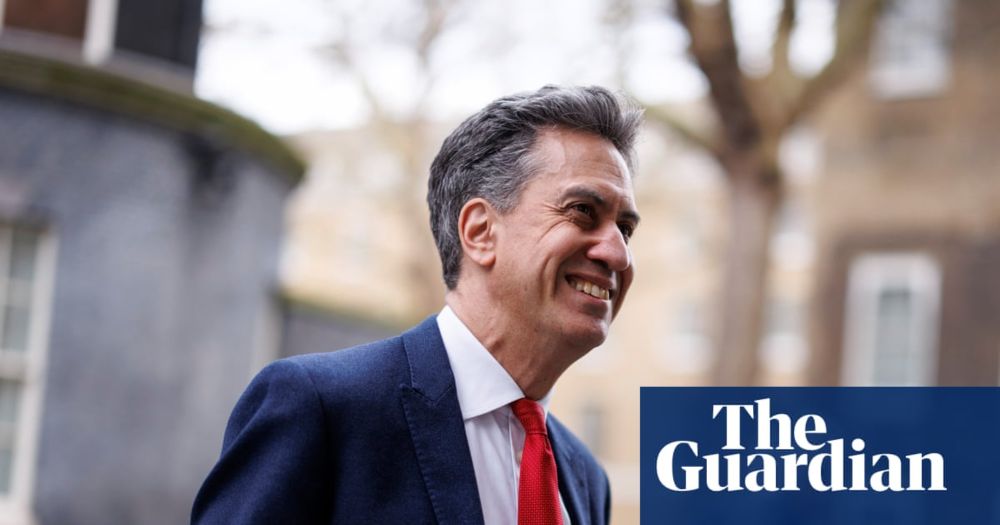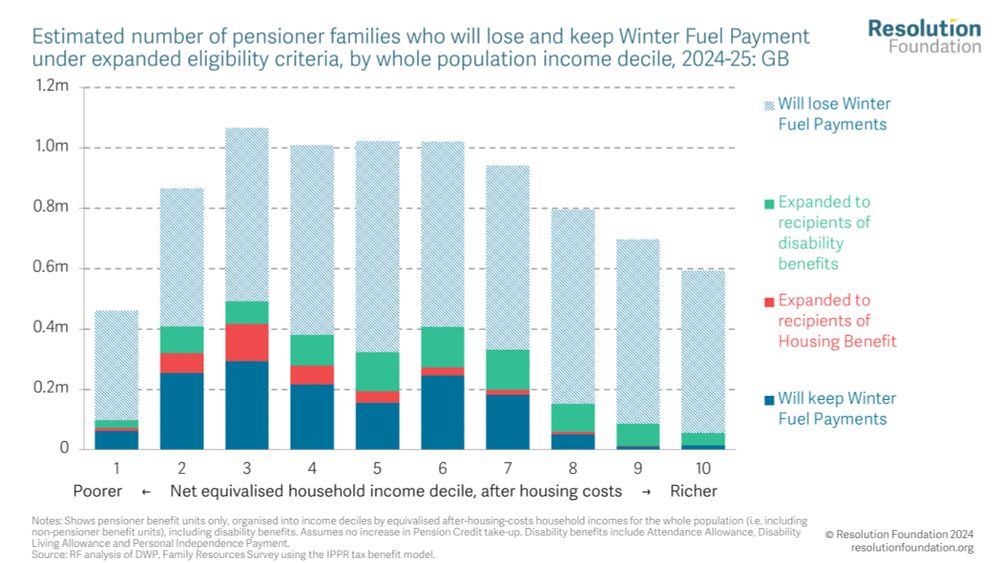Jonny Marshall
@jonnymarshall.bsky.social
1.7K followers
520 following
65 posts
Principal Economist at the Resolution Foundation @resfoundation.bsky.social working on energy and climate policy
Posts
Media
Videos
Starter Packs
Reposted by Jonny Marshall
Reposted by Jonny Marshall
Reposted by Jonny Marshall
Reposted by Jonny Marshall
Zachary Leather
@zackleather.bsky.social
· Aug 11
The Guardian
@theguardian.com
· Aug 10

Low-income and minority ethnic people in England most at risk from dangerously hot homes
Exclusive: Homes are heating up as summers get hotter but least well-off are shouldering greatest risk, study finds
*
Why UK housing is dangerously unprepared for impact of climate crisis
*
From shutters to reflective paint: how to prevent UK homes overheating
Lower-income householders, minority ethnic people and those with young children are more likely to live in homes at risk from dangerous overheating, research has found.
The UK has baked in multiple heatwaves this summer, with many people sweltering in dangerously hot homes that were not designed to withstand extreme temperatures. June was the hottest on record and in general this summer England was an average of 1.58C above average temperatures. Continue reading...
www.theguardian.com
Jonny Marshall
@jonnymarshall.bsky.social
· Jul 22
Reposted by Jonny Marshall
Reposted by Jonny Marshall


















